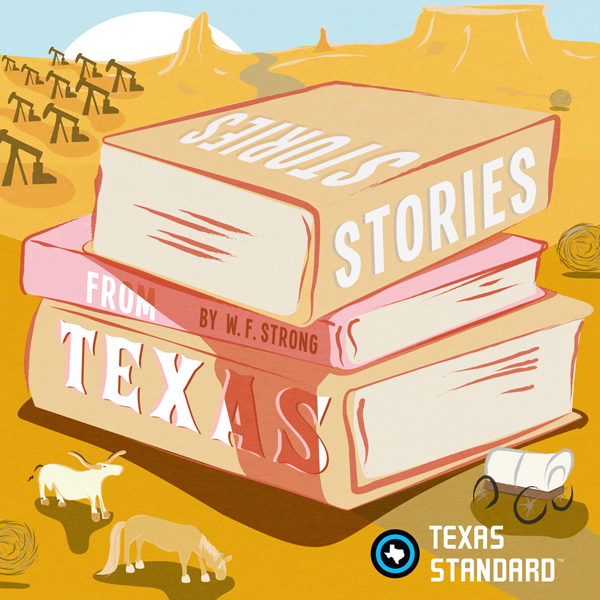By W. F. Strong
The Menger Hotel in San Antonio may boast of hosting more U.S. Presidents than any other hotel in Texas. George H. W. Bush stayed there. Clinton stayed there, as did Reagan. Nixon stayed there. So did Truman and Taft and McKinley. Even Ulysses S. Grant slept there.
The most important name not yet mentioned, and if you know your Texas history you’re already writing a letter to remind me, but don’t hit send just yet because I’m coming to him: Teddy Roosevelt. He rates as the most important of the lot because the others just slept and left. Teddy did far more. He left a bar behind, or at least a bar named for him, and you can still get a drink at the Roosevelt bar to this day, 120 years later.
How did that happen you may wonder? Well, you know all about the USS Maine getting blown up in Havana Harbor in 1898. At the time it was blamed on Spain with battle cries like “Remember the Maine; to hell with Spain.” The loss of some 260 sailors in that blast marked the beginning of the
Spanish American War.
This is where Teddy Roosevelt enters. He was not yet President, but would be in three years. At this time he was 40 and Assistant Secretary of the Navy. He asked for and was given permission to put together a cavalry unit of 1000 men, cowboy soldiers he called them, to help push Spain out of Cuba. He didn’t name them the Rough Riders, though, That was a name their public admirers gave them and they resisted it at first, but finally adopted it themselves.
So where could Teddy recruit 1000 rough riders. Well in Texas of course. So he went to the Menger Hotel, right across from the Alamo, and recruited great horseman from across the Southwest – from Texas, Oklahoma, New Mexico, Colorado, and Arizona. Roosevelt said these were a “splendid set of men . . . tall and sinewy with weather beaten faces, and eyes that looked a man straight in the face without flinching.” He said that in all the world there were no better men for this cavalry than “these grim hunters of the mountains, these wild rough riders of the plains.”
His challenge was to take these fiercely independent men and teach them military discipline. That’s why he had a preference for ex Texas Rangers. He said, “we got our highest average of recruits from Texas because many had served in that famous body of frontier fighters, the Texas Rangers. Of course these rangers needed no teaching. They were already trained to obey and take responsibility. They were splendid horsemen, shots and trackers. They were accustomed to living in the open . . . enduring hardship . . . and encountering all kinds of danger.” Native Americans too, such as the Cherokee, Chickasaw, Choctaw and Creeks were also Rough Riders.
He did convert these independent men, with the help of General Wood, into a disciplined cavalry unit within a month. He even got most of the men horses from Texas, some of them unbroken, but that was no problem for these expert horsemen. Roosevelt named his own horse “Texas.”
As Roosevelt was always a showman, he had his commander’s uniform made by Brooks Brothers in New York. He also introduced his men to the blue bandana with white polka dots, which became the distinguishing feature of the Rough Rider’s uniform. To this day, in black and white photographs, the
Rough Riders look impressively stylish in their khaki pants, blue flannel shirts, trademark bandanas, and slouch hats.
The rest of the Rough Riders story is well known, but perhaps erroneously visualized. Most think of it as 1000 horses thundering majestically up San Juan Hill like a scene from War Horse. They did in fact charge up San Juan Hill and route the Spanish forces, but delete the horses from your mind. There were none. They did it on foot and on their bellies. Roosevelt was on horseback part of the time, shouting commands as they fought inch by inch through tropical brush and oppressive heat, dodging torrents of bullets to take the hill, but they did it as infantrymen.
Despite all their cavalry training in San Antonio, they weren’t able to get their horses to Cuba. Why? When they were ready to depart from Tampa to Cuba, the navy didn’t have enough ships for the horses, so they were left behind. Those with military experience will just shake their heads at this nature of monumental snafu.
Nonetheless, the Rough Riders and other U.S. forces pushed the Spanish out of Cuba and liberated the island. Teddy Roosevelt wrote the primary history of the campaign which launched him into national fame and a good way toward the Presidency. The road to the White House, for Teddy, started in Texas at the Menger Hotel, in the shadow of the Alamo.





